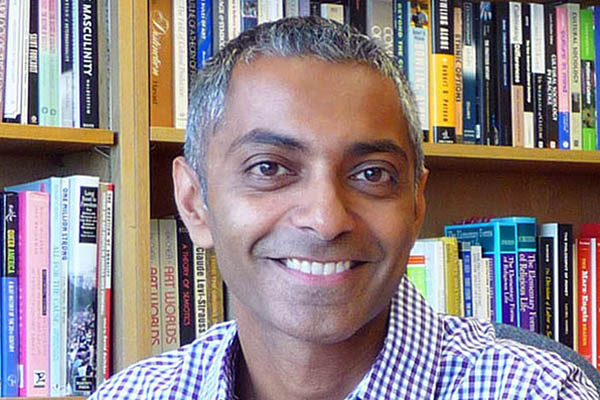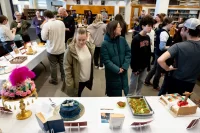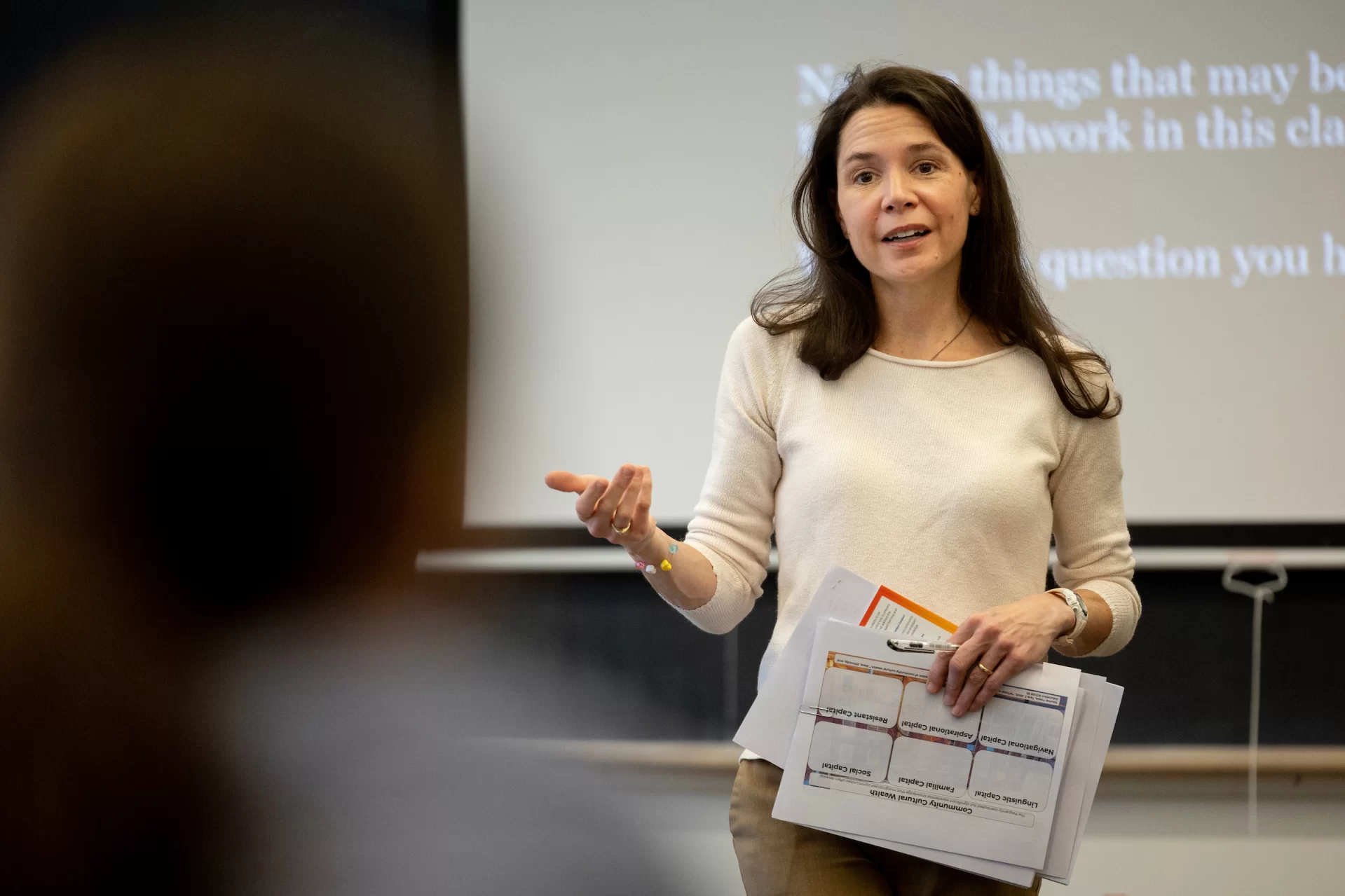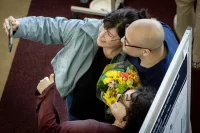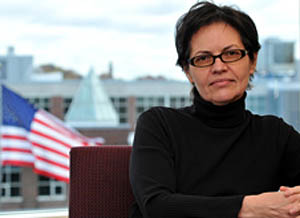
University of British Columbia sociologist to discuss outlook for ‘gayborhoods’
Will longstanding gay neighborhoods, like Chicago’s Boystown and Boston’s South End, disappear from major cities? Some observers believe so, as a result of society’s greater acceptance of diverse sexual orientations.
But a sociologist from the University of British Columbia says it’s not necessarily so — that the picture, in fact, is much more nuanced and complex than that.
Amin Ghaziani explains his reasoning at Bates in the lecture There Goes the Gayborhood? Sexuality and the City in a Post-Gay Era at 7:15 p.m. Monday, March 11, in Room 221 of the college Commons, 136 Central Ave.
The talk is part of the City, Neighborhood and Society series at Bates, sponsored by the sociology department with support from a variety of departments, programs and offices around the college. The series explores how sociologists and other social scientists can advance understanding of city and neighborhood issues, and help address social inequalities in access to housing and economic development.
For more information, please contact 207-786-8296 or dbegin@bates.edu.
In the so-called post-gay era, journalists, activists and academics all predict that gay neighborhoods will disappear as the LGBT community disperses into diverse neighborhoods and heterosexuals are drawn to gay enclaves.
Yet many of these predictions are unsystematic, unrepresentative, unsubstantiated or overly determined by economic forces, says Ghaziani. In his talk, he will examine the veracity of these reports and provide evidence that gay neighborhoods are indeed changing — but not necessarily disappearing.
Ghaziani is an assistant professor of sociology at the University of British Columbia. He is principally a sociologist of sexualities, although his work frequently intersects with scholarship on culture, social movements and cities.
He has researched ways that historically changing meanings of sexuality affect collective identity in today’s “post-gay” era; the reinvention of heterosexuality; and the effects of infighting in his award-winning book, The Dividends of Dissent: How Conflict and Culture Work in Lesbian and Gay Marches on Washington (University of Chicago Press, 2008).
Ghaziani is currently writing two books. His Bates talk is based on his forthcoming study There Goes the Gayborhood? Sexuality and the City in a Post-Gay Era (Princeton Studies in Cultural Sociology Series), which investigates how changing meanings of sexuality affect where we choose to live and the character and composition of neighborhoods.
The other book in progress is Sexuality and the Cultural Imagination (Polity Press, Cultural Sociology Series), a critical review of research at the intersection of the sociology of sexualities and culture.
The final lecture in the City, Neighborhood and Society series will be Getting Ahead: Social Mobility, Public Housing, and Immigrant Networks by Silvia Dominguez, a professor in the Department of Sociology and Human Services at Northeastern University. Dominguez will speak at 4:15 p.m. Thursday, May 9, in Room G65 of Pettengill Hall, 4 Andrews Road (Alumni Walk).
Joining the Bates sociology department in supporting the series are the environmental studies program; the college’s social sciences division; and the offices of Intercultural Education and of the Special Assistant to the President for Diversity and Inclusion.
Additional support for specific speakers comes from the Harward Center for Community Partnerships; the departments of politics, anthropology and history; the women and gender studies program; and the student organization OUTFront.
